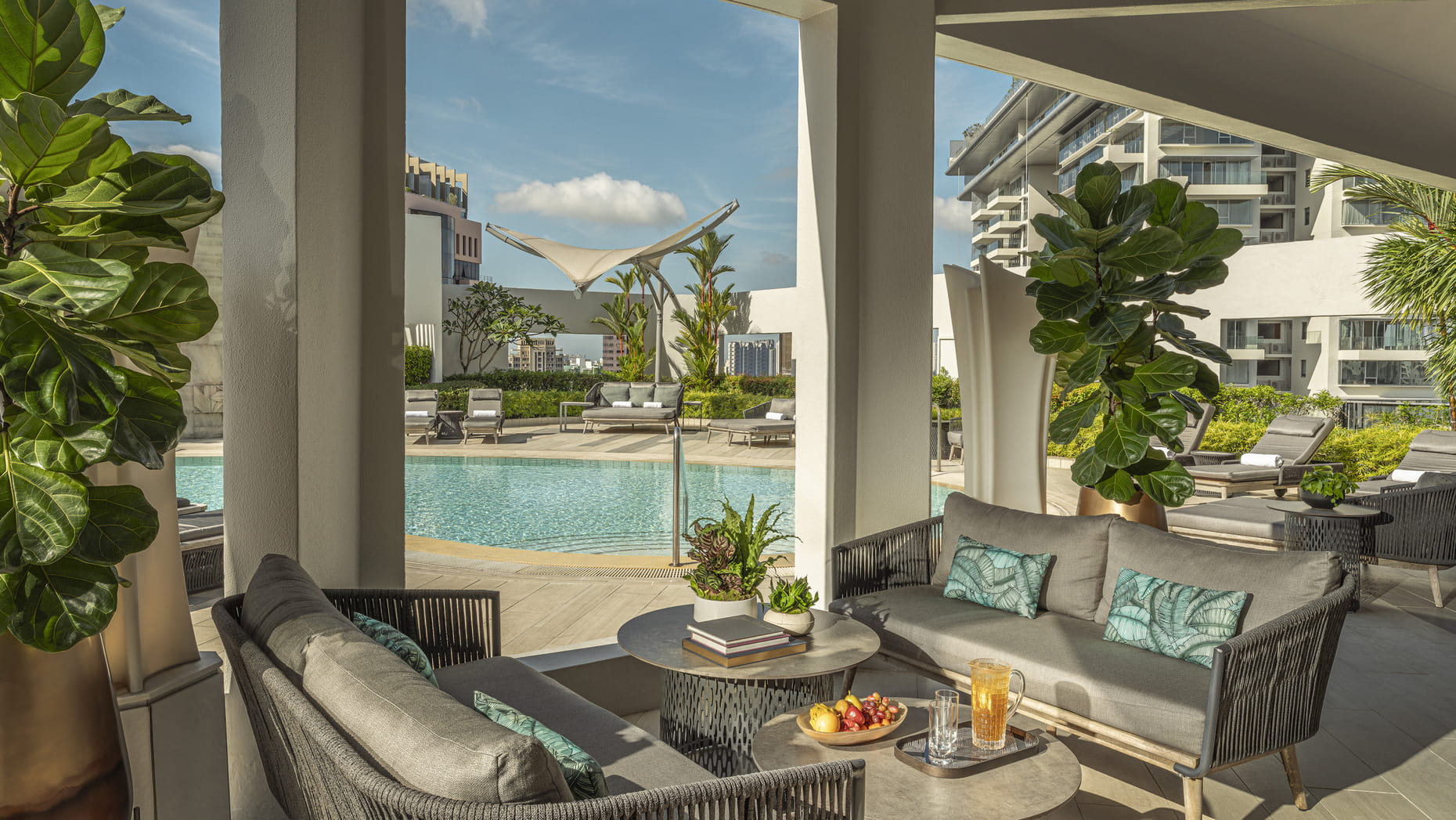Fitness has always been a fact of life for Nora Tobin. The Santa Barbara-based fitness influencer, personal trainer and wellness spokesperson for Marriott International Luxury Brands has found the perfect balance of a healthy lifestyle that still feels full and fun—her tagline, “Detox meets decadence” says it all. She spent over eight years working in the wellness industry, as a columnist for Shape Magazine and in marketing for Sports Illustrated before she used her fitness and nutrition certifications to start working with clients and build the Nora Tobin fitness brand. Now, Nora leads Marriott International’s wellness programmes, including its corporate and VIP retreats, as well as intimate luxury wellness experiences at select locations. Compare Retreats Editor Rebecca Cairns sat down with Nora and the retreat’s VP of Operations, Nora’s cousin Kevin Tobin, after the Kale, Cardio & Cocktails retreat at JW Marriott Marco Island and chatted about intermittent fasting and how to make wellness habits stick.
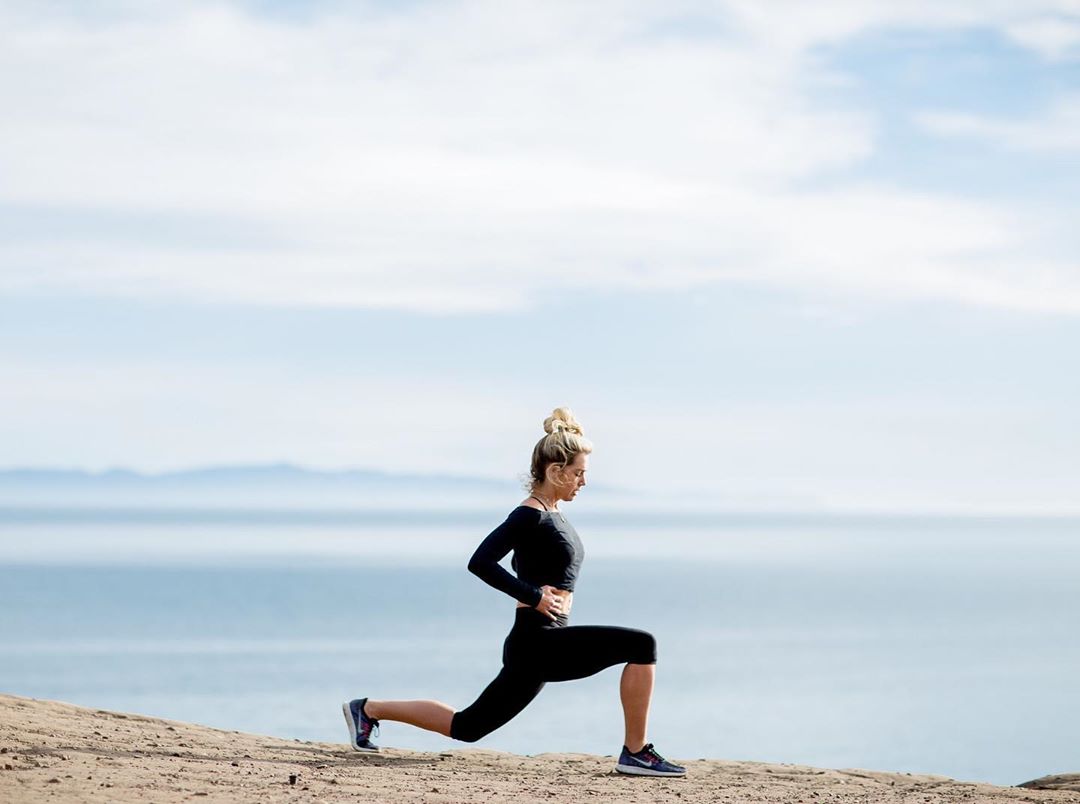
How did you get into health and wellness?
Nora: My family has always been into adventure as a way of fitness as opposed to going into gyms. It was always a fun outdoor thing that we did as a family, not just for fitness, but also just bond as a family. I moved down to San Diego and pursued professional beach volleyball: I wasn’t nearly as professional as some people there, and I didn’t make it on the tour, but it allowed me to train and learn from them how to train professional athletes.
Kevin: I was working in adventure travel and adventure experiences for youth, so that kind of really gave me my first step into the wellness world. I’m newer to the game than Nora, so I still remember being on the other side of the fence.
How did this partnership with JW Marriott get started?
Nora: I did a number of corporate wellness programmes for corporations, Fortune-500 companies, brands like Four Seasons and Belmond, so I had a bit of experience in that space. I was doing a lot of work with individual properties and hospitality, and I really wanted to scale it globally. Marriott is such a powerhouse, and at the time, were putting a much stronger focus on wellness. The CEO brought all of his team in for a retreat with me, and started bringing in people to elevate their own health and wellness: I’ve done a lot of retreats for Marriott’s internal executive team, and I think that was the impetus to bring me on as a partner and scale it up across the brands. JW was our pilot brand, and we’re in five locations just now.
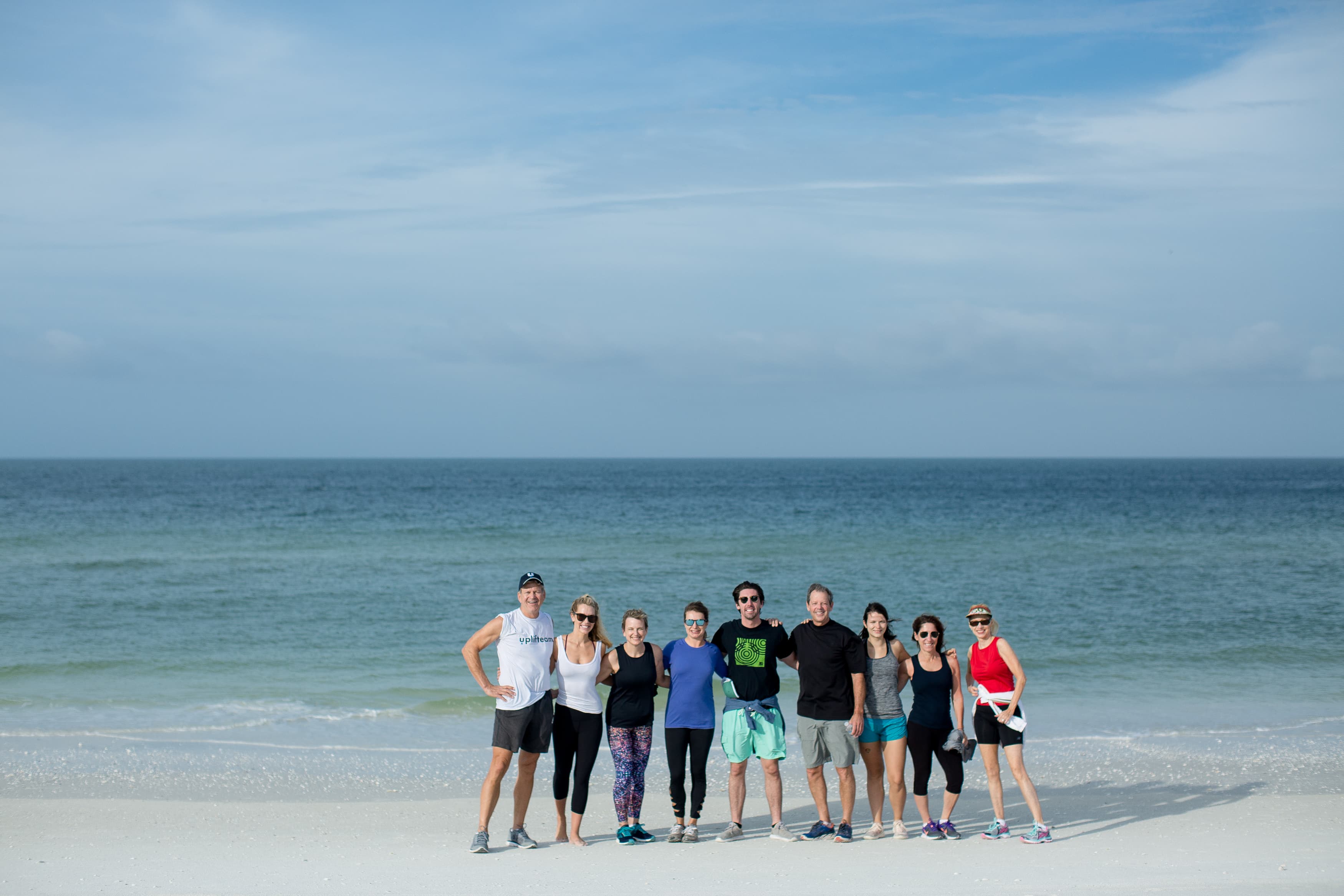
Aside from the retreats, what else has the partnership included?
Nora: In addition to the retreats, we revamped the dining menus, we did in-room video programming, and we’ve worked on creating a number of experiences along the guest journey so that there are lots of different wellness touch points in those places.
See also: Kale, Cardio & Cocktails: Nora Tobin’s Lifestyle Retreat At JW Marriott Marco Island
Wellness is often associated with depriving yourself of something, missing out, or sticking to a strict regime. This retreat programme tries to make everything, including the more indulgent parts of life, available. Why?
Kevin: What I love about Nora’s approach to life wellness and fitness is she really tries to get rid of the guilt. I think that’s attached to a lot of retreats and wellness in general: they feel guilty if they don’t work out, guilty if they break this routine that they’ve promised to themselves, guilty if they overindulge one day. We know it does a lot more harm than it does good. If you’re not perfect 100% of the time, that’s fine. As long as you mentally know that that’s what you want to do and you’re having a good time and you feel good. That’s helpful for people changing course. If they feel guilty the entire time, they’re just going to revert back to those old bad habits. But if they’re positive about their wellness and their fitness, you’re far more likely to stick to a programme or routine.
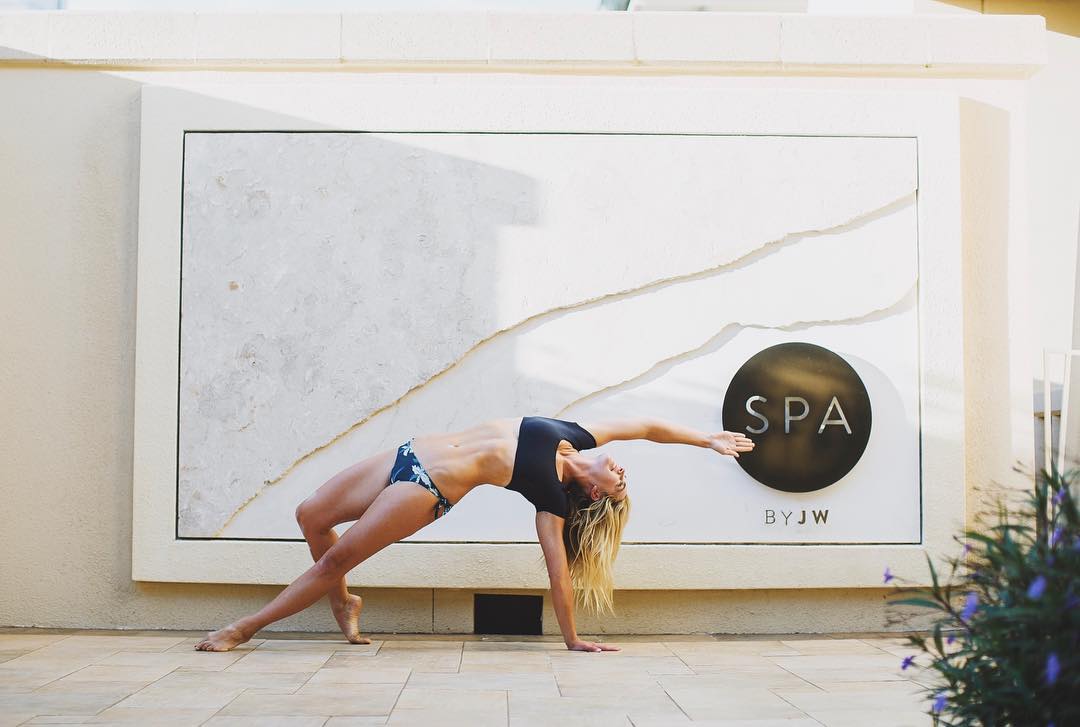
The retreat mixes high-intensity workouts with workshops and great, social mealtimes that can often feel very indulgent. How would you define this retreat?
Nora: It’s more about lifestyle. That’s how we’ve actually always approached programming as a whole. We wanted it to be approachable and accessible. It has to be something that you will go home and actually enjoy and be able to do. For example, the workouts: while they are hard there is still an enjoyment factor because you’re not putting yourself through these crazy paces to do it. And for the food part, while you’re implementing the eight-hour eating window and skipping breakfast, you’re supported throughout that so you’re not feeling deprived. From personal experience, I don’t stick to something that I don’t enjoy. It has to be enjoyable. We want people to feel like they’re detoxing without depriving themselves. It’s all very doable: the idea is, it’s nothing that you can’t replicate at home.
What’s the purpose of the retreat book?
Nora: I wrote the book and then JW Marriott helped with the design and put it all together. The philosophy of the whole retreat weekend is that when you get home, we hope people open that book and read through it, and it’s not new material to them—it’s almost like a refresher, thinking, “Oh, this is what Kevin and Nora were talking about throughout the entire weekend.”
See also: The Best Luxury Wellness Retreats in the USA
How have you seen the luxury wellness travel market changed in the last five years?
Nora: What I’ve seen across the board and all the different brands I work with, luxury travellers are looking for deep experiences rather than just the surface of a place, something they can’t find at any other luxury property. They don’t want cookie cutter activities: it has to be curated, it has to be specific to the location, and it has to leave them feeling like they’ve been something for their own personal wellbeing and elevated their life in some way. People are looking for some sort of community to tie: they don’t want to be above the community that they’re visiting, they want to be involved with it. I think hotel chains are now realising, “Hey, we can do both.”
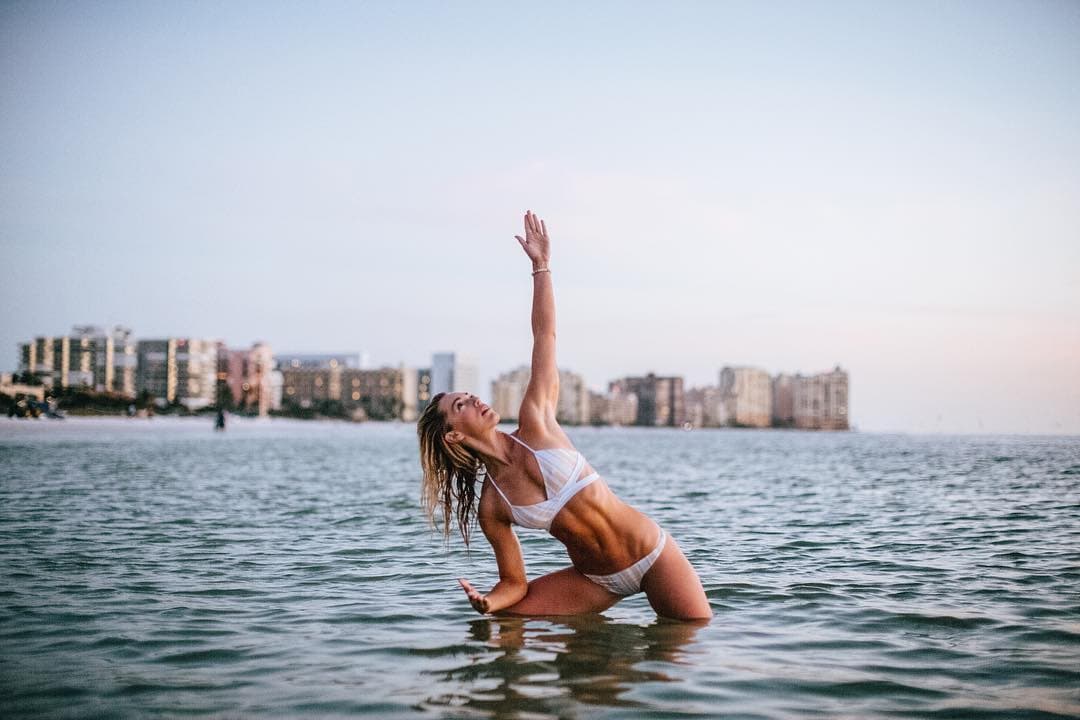
Can you tell us a bit more about your nutritional philosophy?
Nora: Our programme’s nutrition is based around the eight-hour eating window, which essentially means you’re changing the time in which you eat instead of changing everything that you’re eating. For example, if you start eating at 11am, you end at 7pm. It doesn’t have to be totally perfect—you can shift it around when works for you. Those 16 hours that you’re not eating gives your body time to recharge its own batteries and power up your Mitochondria, which helps you work more efficiently. Your fat burning power is ignited, your metabolism is raised, your ability to turn cells over is so much faster.
Are there any particular things people can eat to optimise this?
Nora: Our cells are made up of mostly fat, so we want to incorporate as many healthy fats as possible because it boosts our immune system, and helps the brain to thrive. Healthy fats include things like Omega-3, which is in wild-caught fish, avocado, nuts, butter, MCT oil. Fat gets a bad name because Americans especially have had a problem with fats in the past, but with highly processed fats paired with simple carbohydrates, which spikes the blood sugar and doesn’t give you long-term energy. When you start eating later in the day, your body is going into ketosis, burning fat instead of glucose. You can go into sugar burning really quickly in the morning, even if it’s a healthy breakfast and there’s carbs or protein in it, so for this lifestyle, skipping breakfast or a high-fat substitute like MCT coffee works better.
‘Cocktails’ is one of the three key parts of your Kale, Cardio and Cocktails programme—why include alcohol on a wellness retreat?
Kevin: We wanted to incorporate alcohol into the programme is because we want it to be accessible and realistic. A lot of our clients are social drinkers or are wining and dining clients, so situations with alcohol is a thing that we all deal with on a weekly or daily basis. You have to find a way to work around that or work with that. So we’ve found ways to make these drinks have benefits: like last night we made those Pina Coladas which had healthy fats from the coconut, the digestive enzyme from the pineapple, and then the vodka instead of rum. It’s not necessarily ‘healthy’, but it’s now not bad either, in moderation, so it becomes neutral. The jalapeno margaritas we had on the first night, they’ll increase your metabolism by 23% which adds to any workout you’ve done during the day. We look at clean, low sugar spirits, and accompaniments have benefits, like herbs and spices. Even when it comes to wine, we’re looking at ones that are higher in anti-oxidants, lower in sugar, so that people can make better choices.
Find out more about Nora Tobin’s retreats at noratobin.com



